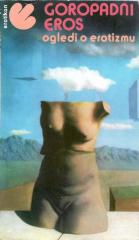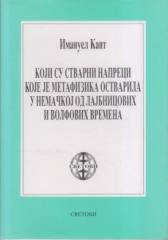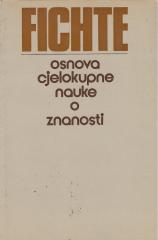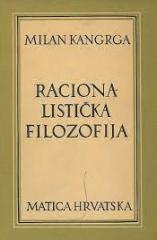
Istorija ludila u doba klasicizma
Michel Foucault's "The History of Madness in the Age of Classicism", published in 1961 (original: Folie et Déraison), is a revolutionary analysis of how Western Europe constructed and marginalized madness from the Middle Ages to the end of the 18th centur
Foucault, born in 1926 in Poitiers, French philosopher and historian of power (died 1984), here introduces the “archaeology of knowledge”: madness is not an inherent disease, but a discursive product of social norms, where reason defines “non-reason” as the Other, subjecting it to control.
The book, divided into four parts, traces the evolution: in the Middle Ages, lunatics are visible in leper colonies, reminiscent of Christian grace; the Renaissance celebrates them as prophets of cosmic truths, symbolized by “ships of lunatics” sailing freely; the classical era (17th-18th centuries) brings the “Great Confinement” – confinement in general hospitals with beggars and prostitutes, under the rational regime of Descartes, where madness becomes a moral punishment for economic inefficiency. In modernity, classified under psychiatry, madness loses its voice: confined in asylums under the supervision of doctors, without dialogue with reason, turning into a “mental illness”.
Foucault exposes the mechanisms of power: madness as a mirror of reason, but also a critique of the Enlightenment myth of progress. Quote: "Madness and non-madness, reason and non-reason, are confusedly intertwined here: inseparable from the moment in which they do not yet exist, and existing for each other."
It influenced his later work (Supervise and Punish), inspiring Deleuze and Guattari in Anti-Oedipus, and critiques of institutions (such as Szasz's Myth of Mental Illness). Criticisms: Merquior accuses him of factual errors and selective quoting of Christian cruelty to the insane; Gutting notes the polarization – praised as analytically thorough (Porter), but criticized for neglecting empirics. The book remains crucial to understanding how power shapes subjectivity.
One copy is available




